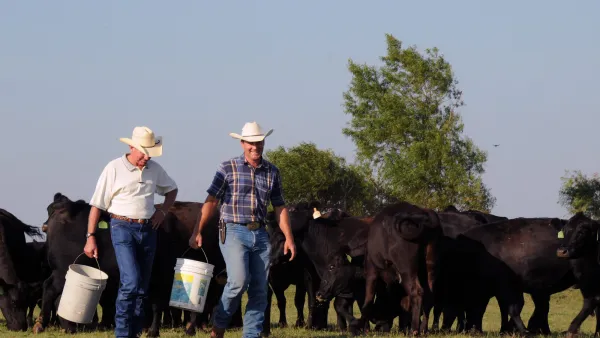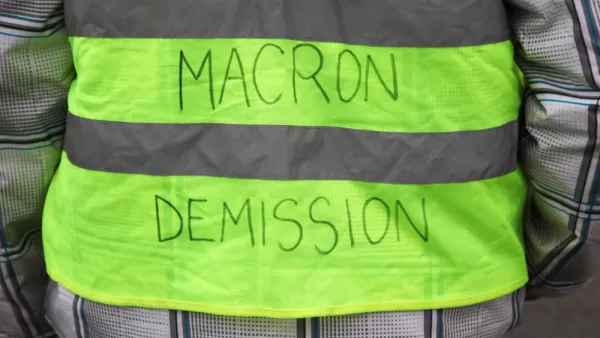Irvin Dawid discovered Planetizen when a classmate in an urban planning lab at San Jose State University shared it with him in 2003. When he left San Jose State that year, he took with him an interest in Planetizen, if not the master's degree in urban & regional planning.
As a long-time environmental activist, he formed the Sustainable Land Use committee for his local Sierra Club chapter and served six years on the Bay Area Air Quality Management District’s Advisory Council from 2002-2008. He maintains his interest in air quality by representing Sierra Club California on the Clean Air Dialogue, a working group of the Calif. Environmental Dialog representing business, regulatory and public health/environmental interests.
Major interests include transportation funding, e.g., gas taxes, vehicle miles traveled (VMT) fees, road tolls and energy subsidies that lead to unlevel playing fields for more sustainable choices.
He hails from Queens (Bayside) and Long Island (Great Neck); received an AAS in Fisheries & Wildlife Technology from SUNY Cobleskill and a B.S. from what is now Excelsior College.
After residing for three years on California’s North Coast, he’s lived on the San Francisco Peninsula since 1983, including 24 years in Palo Alto. Home is now near downtown Burlingame, a short bike-ride to the Caltrain station.
He’s been car-free since driving his 1972 Dodge Tradesman maxi-van, his means to exit Long Island in 1979, to the junkyard in 1988.
Major forms of transportation: A 1991 'citybike' and monthly Caltrain pass, zone 2-2. "It's no LIRR, but it may be the most bike friendly train in America."
Irvin can be reached at [email protected]

Fighting Climate Change With an Income Tax
There's been a lot of talk about the Green New Deal, but not that much is known about it. Rep. Alexandria Ocasio-Cortez (D-N.Y.), who is promoting it, explained the program on 60 Minutes on January 6.

Meeting the Challenge of Feeding 10 Billion People Sustainably in 2050
With world population to grow by about 2 billion by 2050, and with more people eating higher on the food chain as nations develop economically, can world agriculture reduce its carbon footprint? A new World Resources Institute report shows how.

New York City Polystyrene Ban Took Effect New Year's Day
Thanks to two recent New York State court rulings, disposable food and beverage containers will no longer be made from polystyrene in the nation's largest city. The ban was originally proposed by Mayor Michael Bloomberg in February 2013.

EPA Targets Co-Benefits in Rulemaking—Public Health to Suffer
The Environmental Protection Agency proposed a critical change in the cost-benefit analysis used in the mercury rule that applies to coal-fired power plants. By eliminating the principle of co-benefits, public health impacts would be severe.

Learning the Wrong Lessons From France's Yellow Vest Movement
The widespread Yellow Vests protests, which initially involved hundreds of thousands of protestors in November, are wrongly being interpreted as a movement against carbon taxes and climate action, rather than a revolt against social inequities.

























